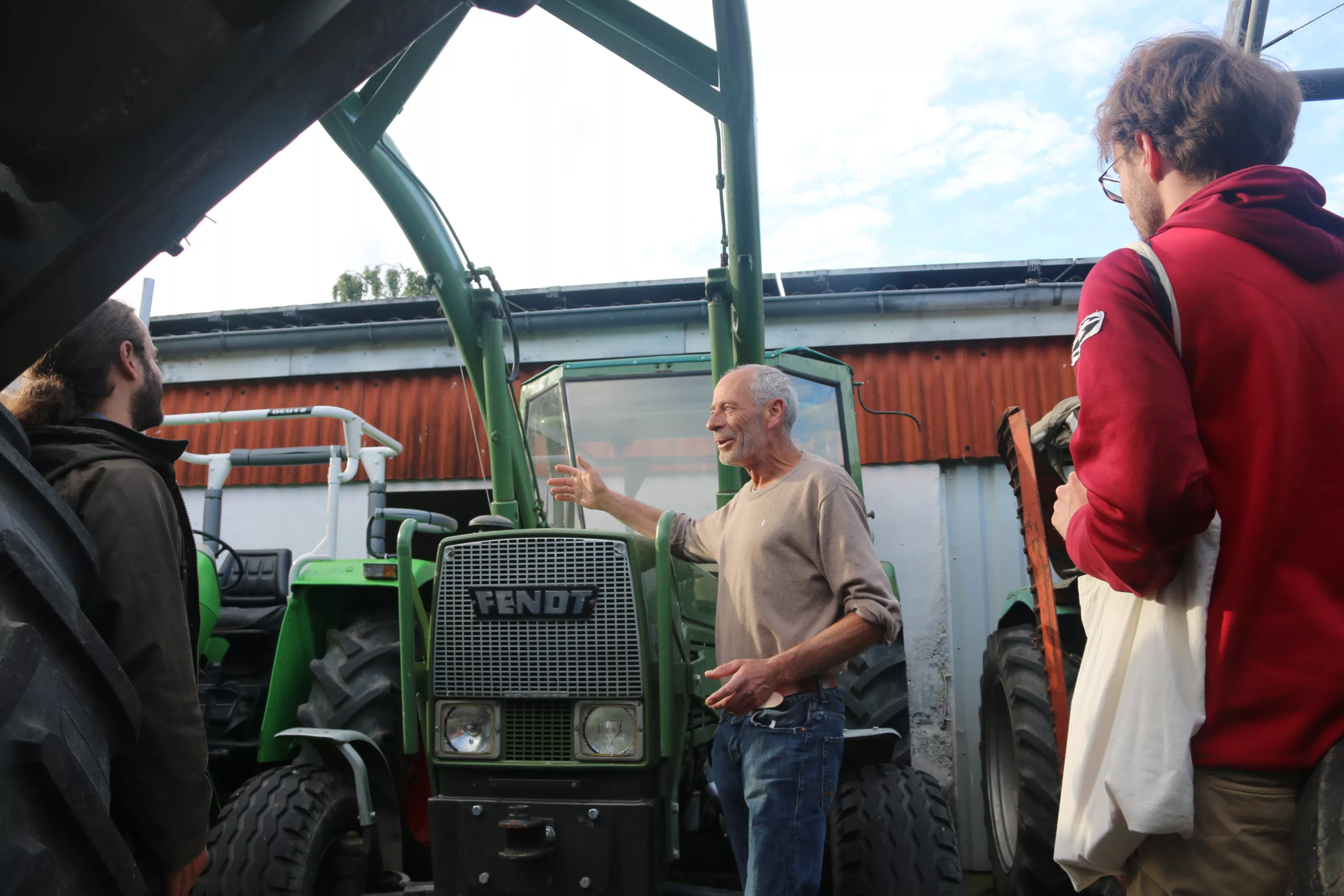ELCA – Empowering Local Climate Action
Training climate protection managers to initiate a vibrant local climate networking community for effective cooperation on climate action.
Climate Policy Climate Strategies and Plans

Project info
Czech Republic, Romania
12/23 - 03/26
Local governments, Regional governments, Civil society, Non-governmental organisations, Associations
472,480.47 €
Contact info
Viola Helwig
- People in Need (PIN)
- Politehnica University of Timisoara (UPT)
Background
In the Czech Republic and Romania, agricultural practices and land management policies are often still unsustainable, increasing the landscapes’ vulnerability to climate change and related challenges such as soil erosion, biodiversity loss and flash floods. Landowners, farmers and municipalities lack the knowledge and/or resources to take the necessary action to make land use more sustainable. In line with the EU’s Common Agricultural Policy (CAP), EU directives and the Czech and Romanian climate change strategies, local climate action plans can be a game changer.
Project
The Association for Sustainable Development (ASD) – in partnership with the Romanian Polytechnic University of Timisoara (UPT) and the Czech NGO People in Need – implements a capacity-building programme on climate protection management for community members, local businesses and NGOs, and government representatives who are working in the field of sustainable land use. Training covers topics such as sustainable resource management practices, climate change mitigation strategies, and data analysis to monitor progress.
In two municipalities – one in the Czech Republic and one in Romania – community support centres are established to provide knowledge transfer and enable the joint development and implementation of local climate action plans. Experts assist with data analysis, scenario modelling, and identifying appropriate technologies and solutions. Guidance on funding opportunities and project management skills helps to overcome implementation challenges. Civil society is responsible for delivering some of the services provided in the community support centres to build consensus and ownership.
The project promotes the integration of climate objectives into existing local development plans, policies and regulations. By aligning climate plans with other sectors such as land use, wastewater and resource management, the project contributes to a more holistic and coordinated approach. Mechanisms for monitoring and evaluating the progress of local climate plans are established and include the definition of indicators, data collection and the assessment of the effectiveness and impact of implemented measures.
In the two pilot regions, local climate councils are set up as important knowledge repositories and drivers for promoting community support and more sustainable environmental and climate action policies.
Last update: July 2024
